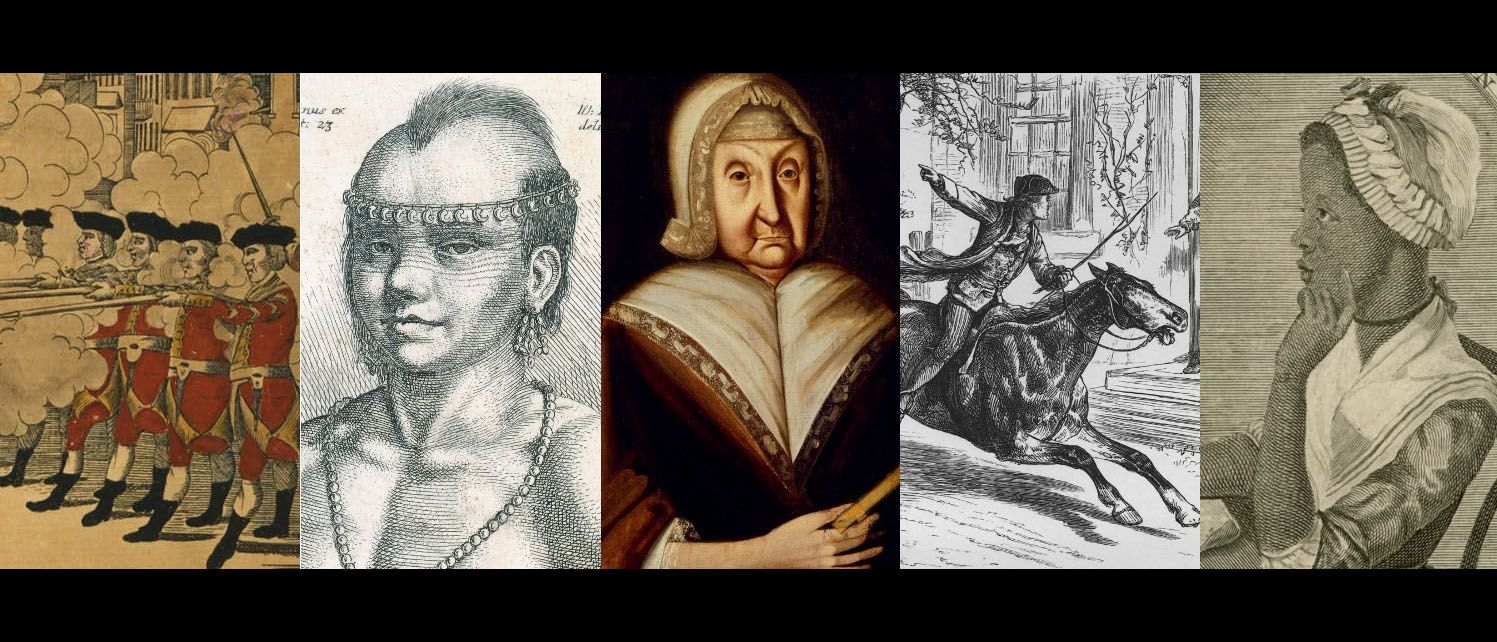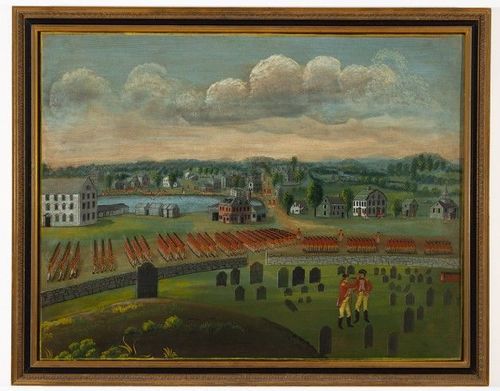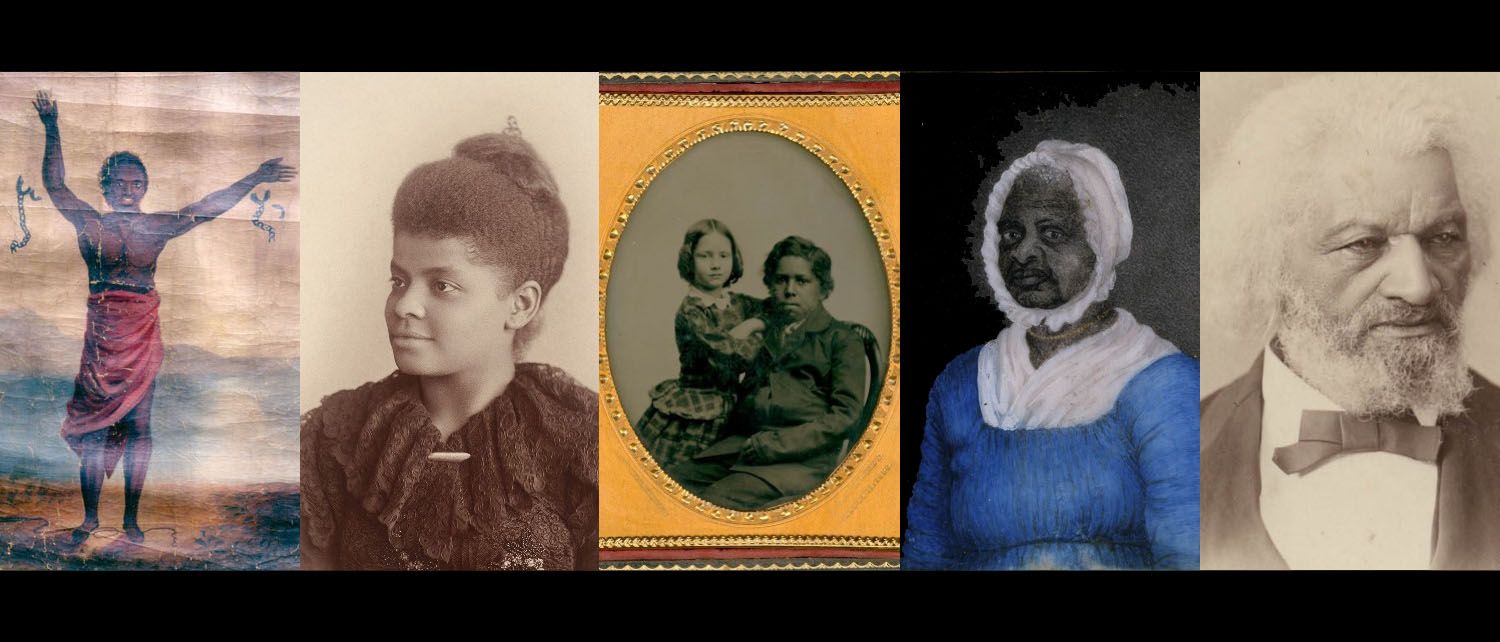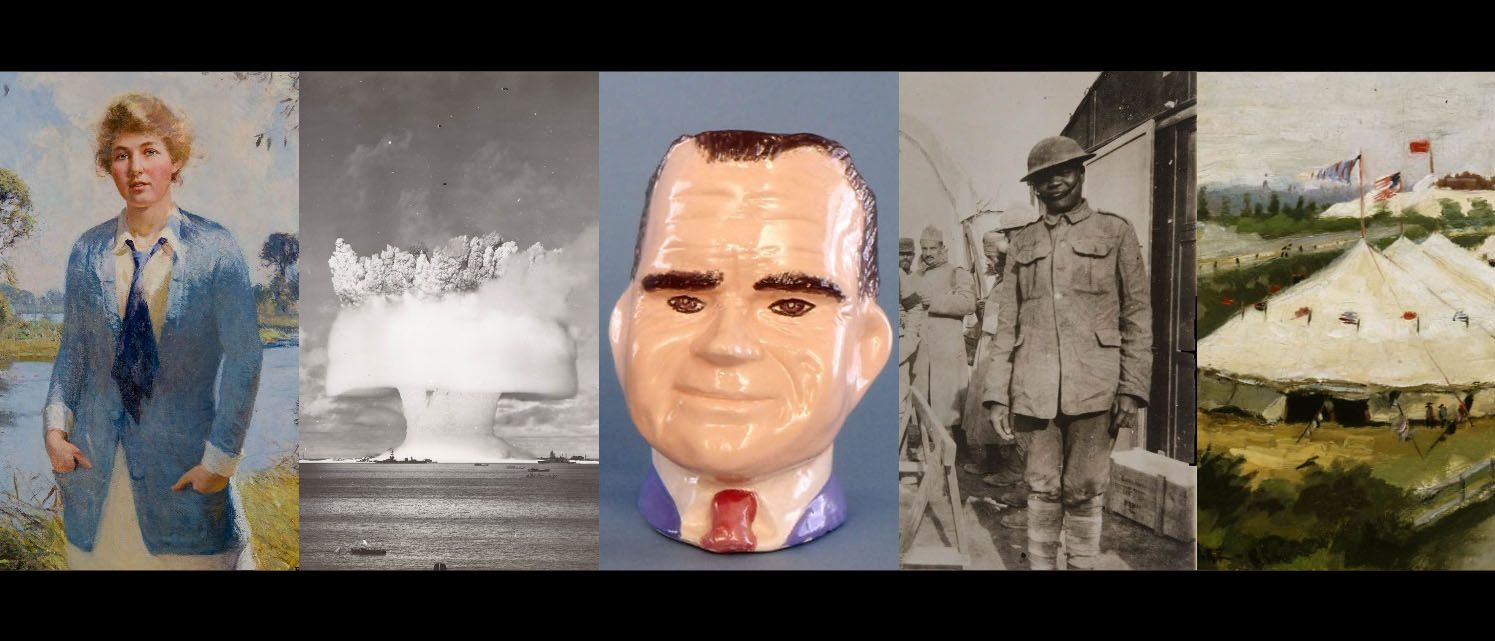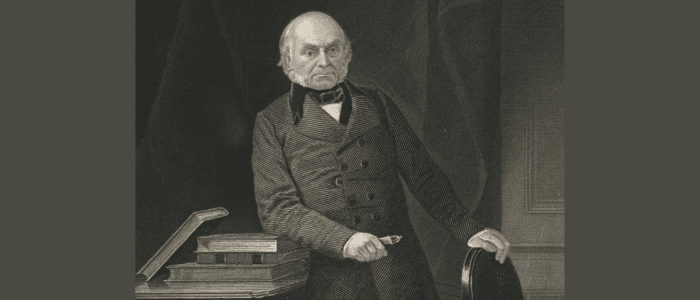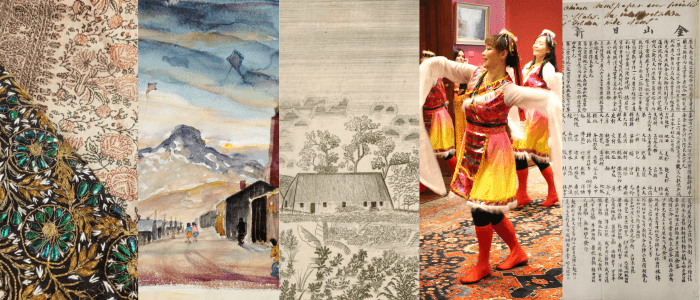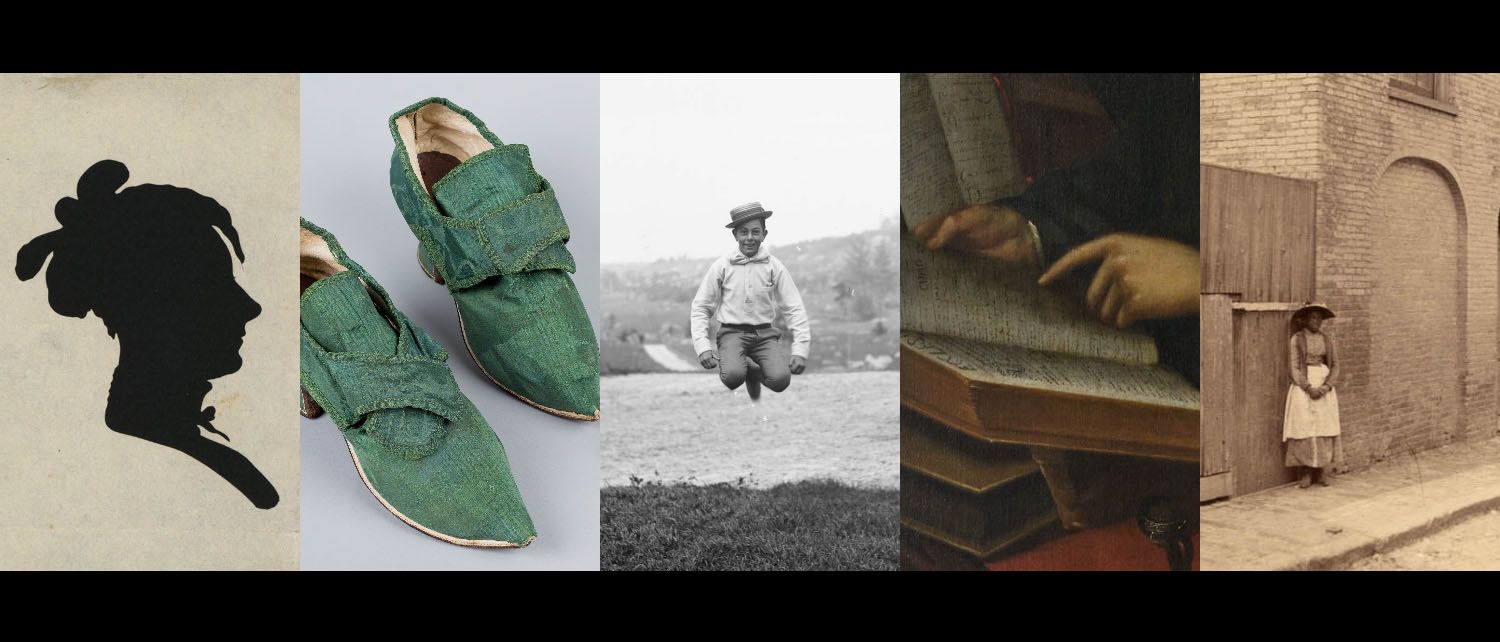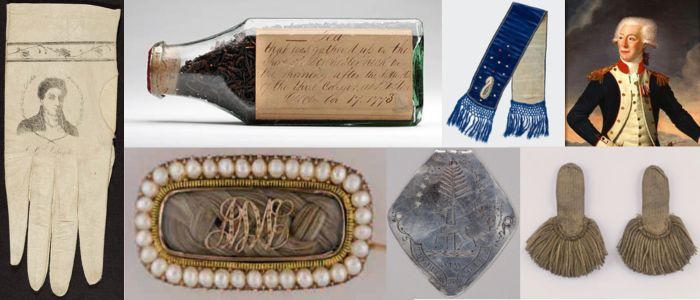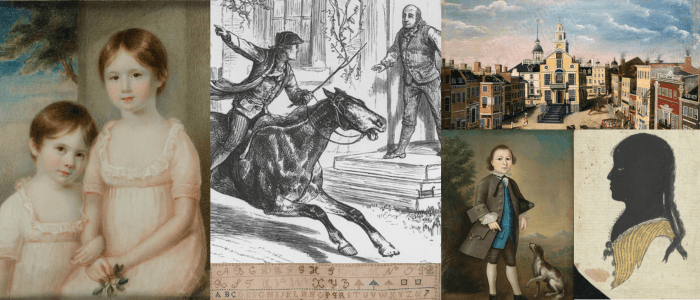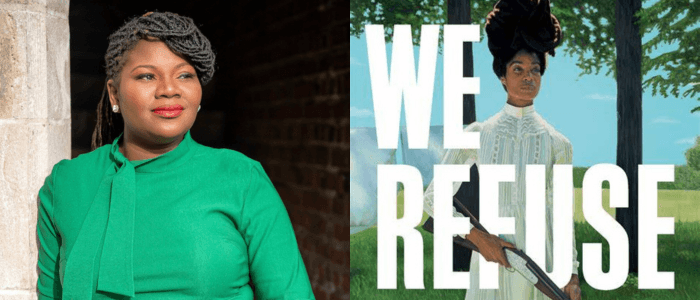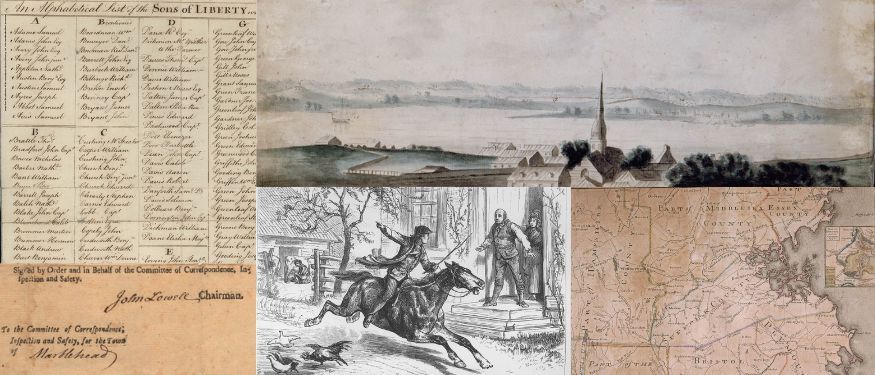Event
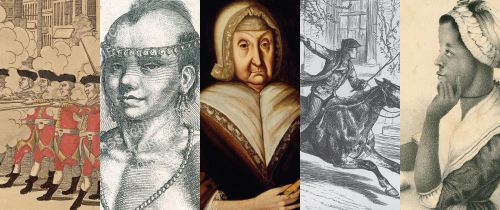
International Interests & Early American Ambition - A Panel Discussion
Authors: Susan Branson, Syracuse University
Jessica Lepler, University of New Hampshire
Comment: Sven Beckert, Harvard University
This is a hybrid event. The in-person reception will begin at 4:30 PM.
This panel considers two foreign endeavors that aimed to transform the Early American economy. Jessica Lepler's “The Race to Quincy” is a chapter from the forthcoming UNC Press book Canal Dreamers: The Epic Quest to Connect the Atlantic and Pacific in the Age of Revolutions. Set in the semicentennial summer of 1826, the chapter flashes back across the Age of Revolutions to reveal the unlikely first Central American interoceanic canal contractor; reconstructs a dramatic meeting between this canal dreamer and a president mourning his revolutionary father; and charts the Adams Administration’s shifting plans for a waterway that might revolutionize the globe. A key source for the chapter is the MHS’s John Quincy Adams Digital Diary. Susan Branson's work examines the impact of sheep rearing and wool production on North America. Branson's paper explores the “merino influenza” that gripped Americans in the first decades of the nineteenth century and situates the enthusiasm for merinos within the context of the drive for economic development: merino enthusiasm fueled the expansion of agricultural societies and spurred the creation of textile manufactories in the northern and mid-Atlantic states. The urgency with which merino enthusiasts sought to obtain these money-making sheep highlights the intimate connection between American diplomacy, business interests, and state and federal support for agriculture and manufacturing.
Join the conversation at the Pauline Maier Early American History Seminar. Seminars bring together a diverse group of scholars and interested members of the public to workshop a pre-circulated paper. Learn more.
Purchasing the $25 seminar subscription gives you advance access to the seminar papers of all seven seminar series for the current academic year. Subscribe at www.masshist.org/research/seminars. Subscribers for the current year may login to view currently available essays.
Hybrid Event
The in-person reception starts at 4:30 PM and the seminar will begin at 5:00 PM.
Masks are optional for this event.
The virtual seminar begins at 5:00 PM and will be hosted on the video conference platform, Zoom. Registrants will receive a confirmation message with attendance information.
By registering you are agreeing to abide by the MHS Visitor Code of Conduct.
